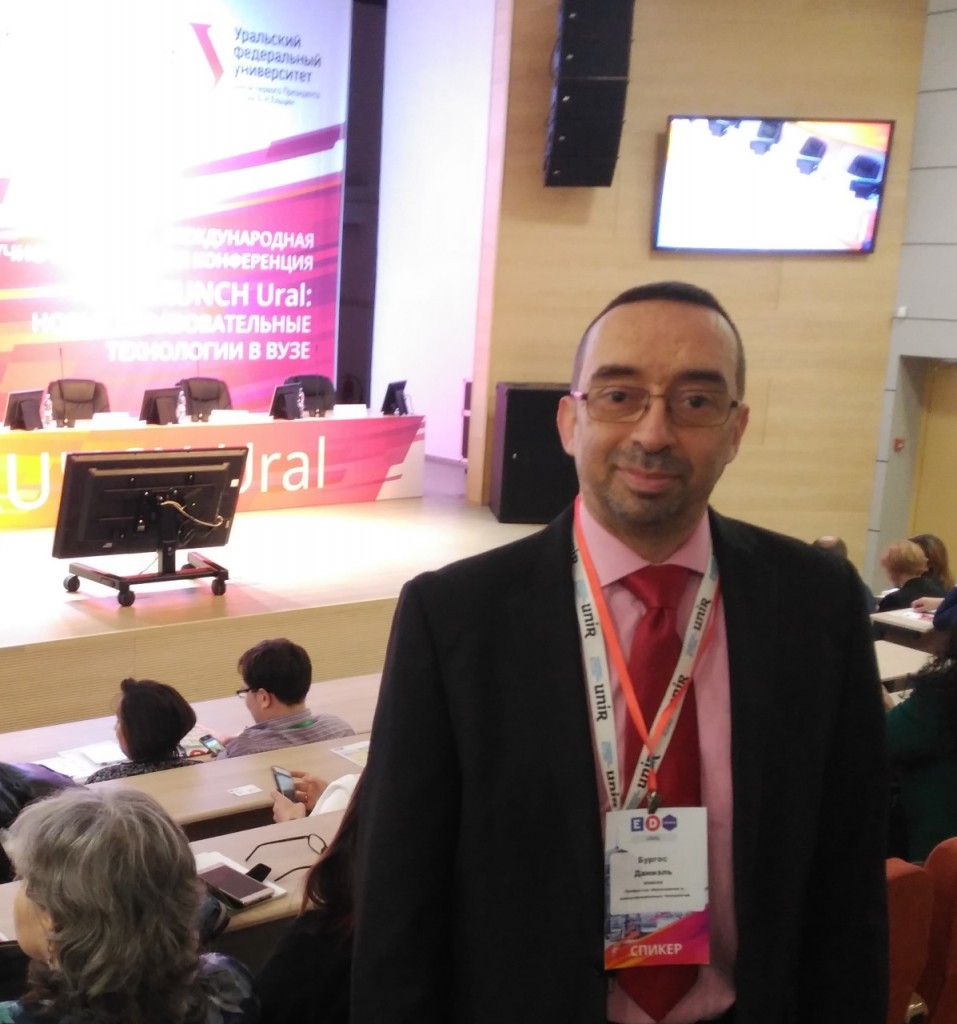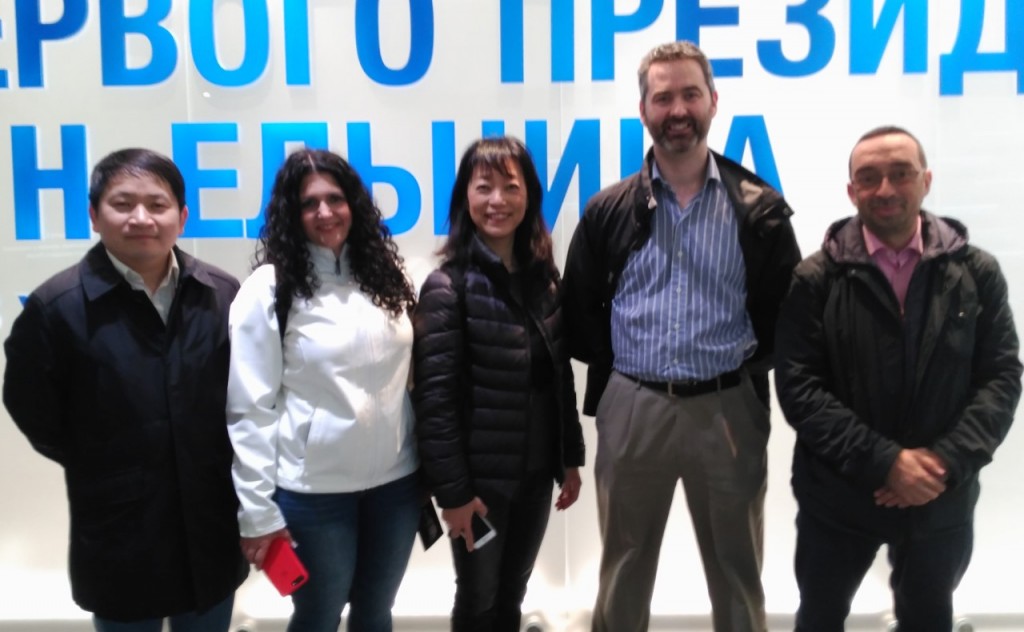Open Education is not free. Someone has to pay
Open Education is cool, trendy, fancy, even hipster. Free and open for everyone from everyone. It is a sort of hippie slogan from the ‘70s. The free love between practitioners of open education to use, re-use, provide and retrieve gratis is appealing, and in line with some revolutionary-ish idea blooming periodically across the World.
However, someone has to pay. If a civil servant at the university provides content for free, his salary is paid by tax-payers, so we all pay. If a private company provides a full course for free, someone has to create it, under a contract, and he will be paid.
“Open means a rational business plan also”
If a John Doe provides content for free, in his spare time, he must publish that course in a server that will host the LMS or distribution platform. And the server costs maintenance, electric power even a cleaning service for the room. And someone has to pay.
With the other speakers at #EdCrunch Ural, at the Yeltsin Center
In open access journals, which are really nice to read for free about science and similar themes, the author is usually requested to contribute with a fee: from USD 20 to 3.000, or even more. The very same journals use to offer hardcopies under payment; or a year subscription with extra services.
Open means a rational business plan also. And a sustainability strategy to make sure that whatever is offered will remain in time, and not just depending on the right mood of the donor or the supporter. A balance is required to make things work. A sensible combination between subscription, services on demand and open access is possible, advisable and encourages a fair trade for everyone.

At #EdCrunch Ural, where we are now as an opening keynote on the integration of formal and informal learning as a required breakthrough to boost the educational system (we call it “transgenic learning”), that balance is a passionate topic. 350 people gather together for four days and discuss vividly about quality of open education, future of Learning Management Systems, current state of the Russian platform for MOOCS, etc.
And amongst them, the need for a reasonable plan that ensures the use and projection of open and free education is at the center. Indeed, we should not neglect the practical, management and logistic aspects of providing open and-or free education Worldwide. A balanced formula is possible.
Daniel Burgos
Yekaterinburg, Russia. April, 25th, 2017

